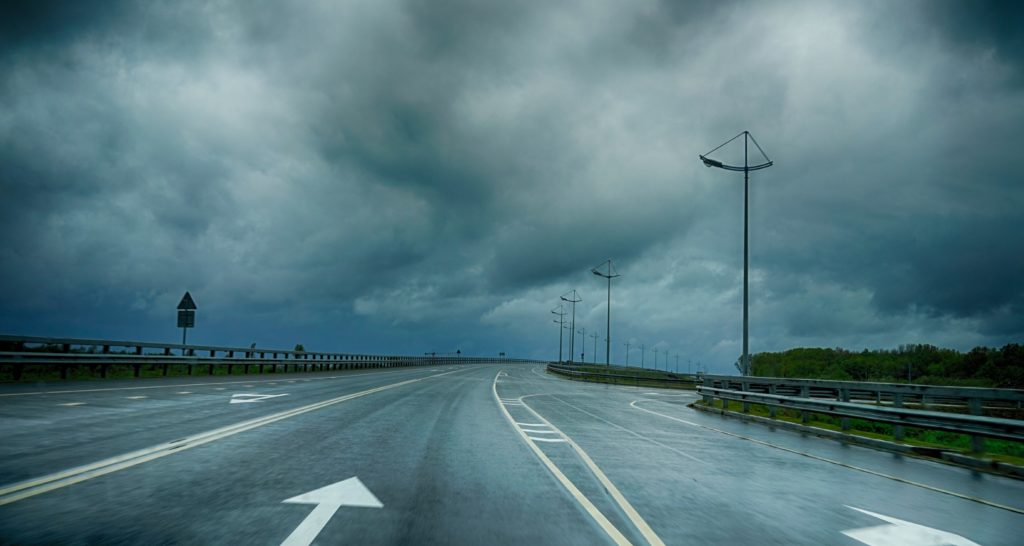Last week, I was in the grocery store and found myself quite surprised and feeling discouraged at the number of shoppers without masks—particularly those who were elderly and obviously rather frail. I sent Amy and another friend a message that we really need to examine our cultural and existential relationship with suicide. I know that sounds shocking for me to say but please hang in with me here.
Discouraged
As Covid numbers rise beyond the previous levels in the history of this pandemic, I am shocked that some people are in denial about the numbers in the US–particularly the number of cases in my state (and many others), and more importantly, the strain placed on hospitals and ICUs. And yet, none of us—not even me—are back in our March/April 2020 lock-down mode. We do know that while vaccines offer some protection and attenuate the impact of the latest versions of the virus, it does not make us immune. We can still get sick and we can still pass it along to others*.
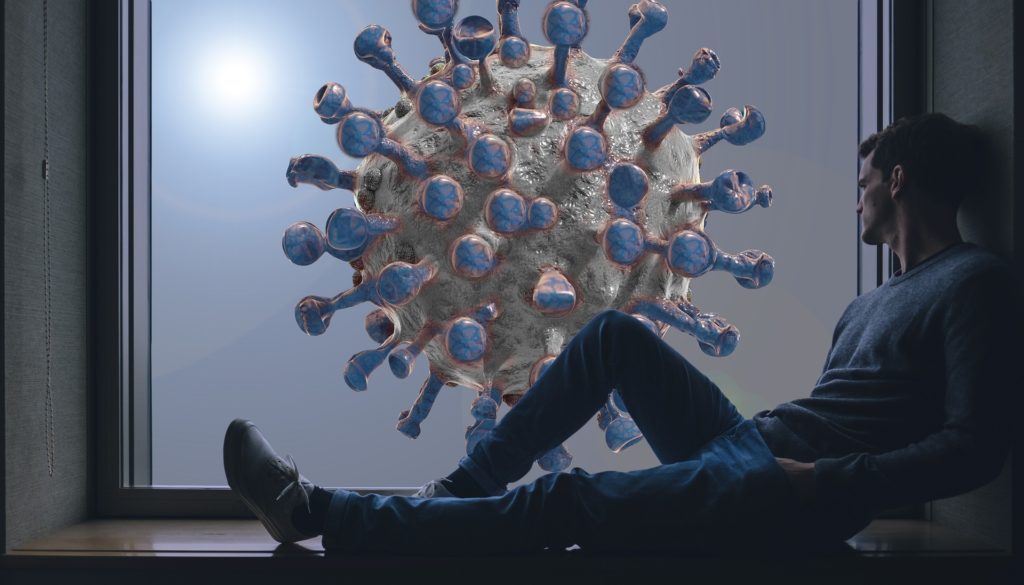
I know of a recent situation in which someone with a HUGE professional and personal network died of Covid. That person was vaccinated but fell into other high-risk categories. What took me aback was that an extremely large and elaborate funeral was being planned indoors without any requirements for masking or distance. And of course, there would be singing. Regardless of your personal beliefs, this is what the public health experts call a “super-spreader event.” Now, I didn’t know the deceased personally but I would put my money on this: As that person progressed from being sick, to being in the ICU, to going on a ventilator, I cannot believe that person would support a large gathering for their funeral. I cannot imagine that anyone who was aware they were going to die of Covid, alone in the hospital without family at their side, would want ANYONE else to suffer in that way.
WHY?
As a psychologist, I always ask WHY? Why do people behave the ways they do? Why do people think in certain ways? And why do people feel and believe things so powerfully?
Like so many other social psychology phenomena, all it takes is a look at history.
In WWII, during the bombings in London, people did not behave in the ways that experts expected, despite the fact that there were over 250,000 casualties in the first week. It was believed that people would become so fearful of dying that they would evacuate London entirely. But people did not. In fact, some people became more resolute about staying put and carrying on with life as if they were not under attack. Labeled the “blitz spirit,” some even claimed to thrive on the thrill of being in the streets amid the bombings.
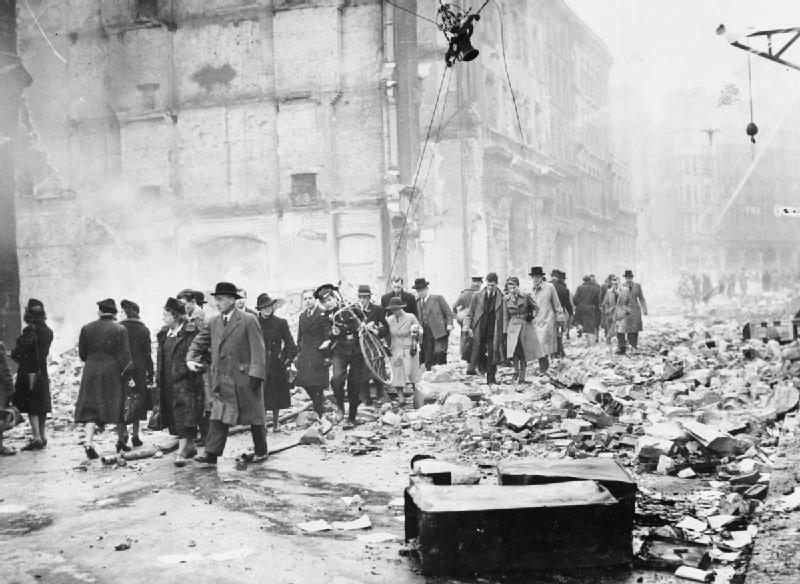
A Canadian psychiatrist, Dr. John T. MacCurdy, examined this and divided people (who were being bombed) into 3 groups: those who died, those who had a “near-miss” experience (had a close call, witnessed it, hit without dying, etc.), and those had a “remote-miss” experience (heard about losses from a safe distance). MacCurdy explained in his book, The Structure of Morale (1943) that people with near-miss experiences were likely to have more trauma related to the event but those with remote-miss experiences developed a sense of over-confidence about the actual risk at hand. In short, they began to feel invincible.
We have choices…
Malcolm Gladwell discusses this in his book, David & Goliath, and asks the question, Why were Londoners so unfazed? Gladwell concludes that across a very large population, there are far more remote-misses than near-misses. As such, socially, people begin to believe that they are invincible even in the face of dropping bombs. In David & Goliath, Gladwell makes the important point that we do not have to react with overwhelming fear or a trauma-like response but that we can choose to react in a way that is more resilient.
I would argue that there is an entire spectrum of informed responses between fear and being cavalier. Let’s face it: We do not like to feel fear or helplessness but we also do not have to adopt an attitude of invincibility. There are many measured responses based on our own personality, values, and risk tolerance. So what do we do in this climate of on-going “bombings” and trying to live a life that is reasonably normal and satisfying?
We have 4 suggestions:
- Name and cling to your values. You must have some guiding principles in order to navigate important decisions. What do you believe about your health? Safety? The health and safety of others? What do you believe about your relationship with individuality and community?
2. Ask yourself, “What is my why?” As an extension of your underlying values, what are the goals you are trying to achieve? How do you stay engaged with those goals? How do you make mid-course adjustments due to a changing environment? Are you able to pivot?
3. Resist the temptation to defer to desperation. Friends–the vast majority of us are not truly desperate. We miss some many but we are not desperate for entertainment and recreation. We have homes, incomes, close relationships, phones, zoom, computers, and the creativity to solve many of our problems. We are not desperate to go to a concert or other large events as if it were 2019.

4. Show up to serve. We just passed the 20th anniversary of 911—arguably the greatest crisis our country had seen to date. And what was the focus afterwards? It was how New Yorkers pulled together to serve one another. To care for one another. And how the country responded to those directly affected. We chose to care for one another. Episcopal Presiding Bishop Michael Curry said in his sermon yesterday at Trinity Wall Street Episcopal Church (9/12/2021), “Let us not forget that after 9/11, we joined hands and cared for each other; let us not forget that even if it was for one brief, shining moment—we loved each other. Let us not forget that hope is on the way. What we did then, we can, by God’s grace do again—and discover who we truly are.”
5. Take a break and listen. Sometimes we just need to stop. Regroup. Breathe. Think. Rest. Stop scrolling. Turn off all the messages from the outside world. And then, in the quiet, we may hear something that really matters. And then, maybe if we’re ready, we can try again. This is hard friends. And sometimes we just need to stop, listen, and regroup. To reconsider our values, our why, and our connections. To give thoughtful consideration to our choices in the current climate.
So hang in.
I remember writing about the pandemic this time last year and reflecting upon my own level of exhaustion and thinking, “we still have at least another year of this.” But now we know there is an ongoing shift in the viral bombing of our world. And we have a wide range of choices in how we respond. Just know that you are not invincible.
It’s Messy out there, friends. If you’re fortunate enough to have only had a remote-miss experience, please stop and use these tools to think of the ways you can make a more Marvelous choice in your world. One that better serves your community. Call on the spirit of our post-9/11 world and care for those in around you.
Blessings,
Rhea with Amy
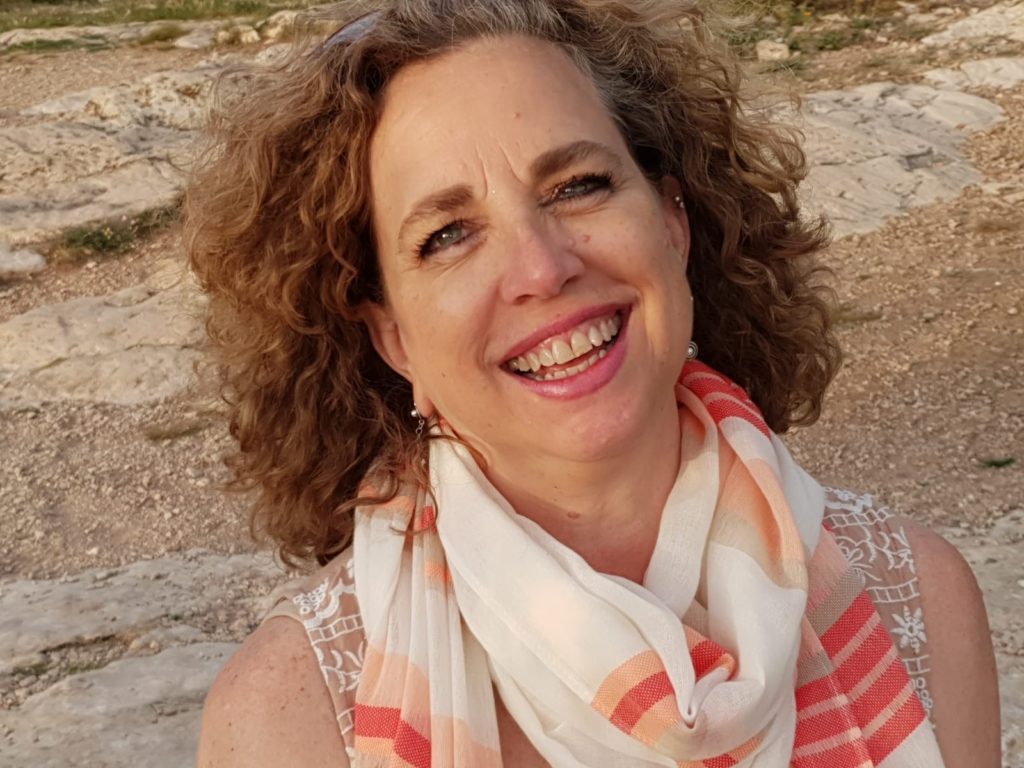
Rhea A. Merck, Ph.D.
I’m a Licensed Psychologist and I’ve had a private practice in Columbia, SC, since 1996. I also work at the University as a clinical sport psychologist in the athletic department. A persistent woman, mother of 2 amazing young women, writer, teacher, life-long learner, curious & creative human, lover of life, I am passionate about making life better every day… for more, visit my website at www.ramphd.com or email me at [email protected]
*Astra-Zeneca, while not “approved” in the US, but widely used globally, claims that its vaccine (AZD1222: Covishield or Vaxzevria) deters transmission.
Cover photo credit: ringgrass279088 on vecteezy.com. Photo credit for Bishop Curry. Photo credit for man with corona virus outside. Photo credit for the London bombings.
We have TWO BOOKS!!
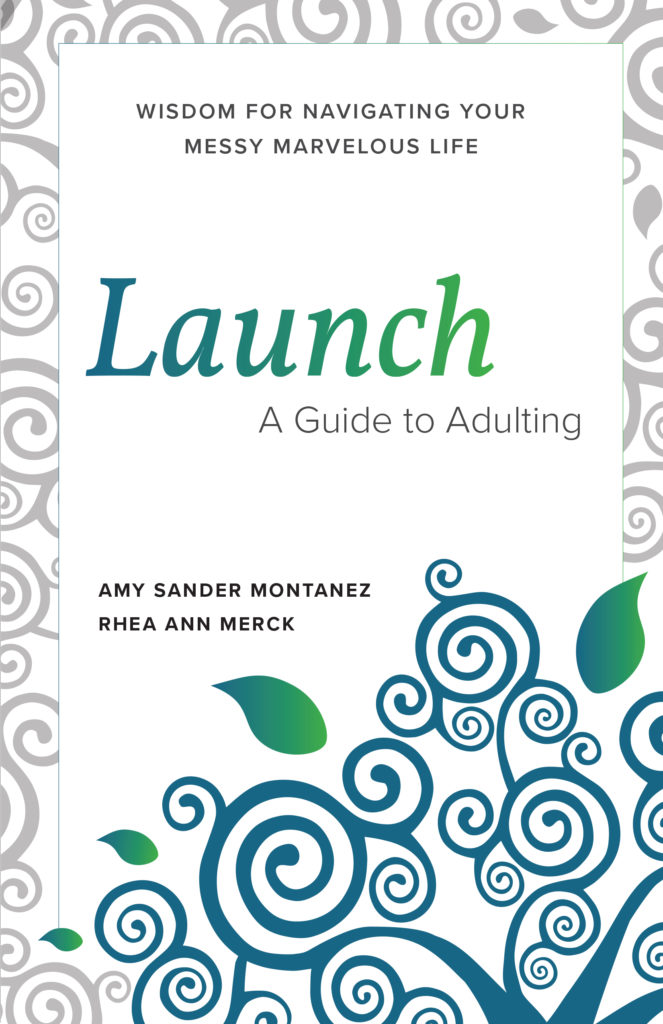
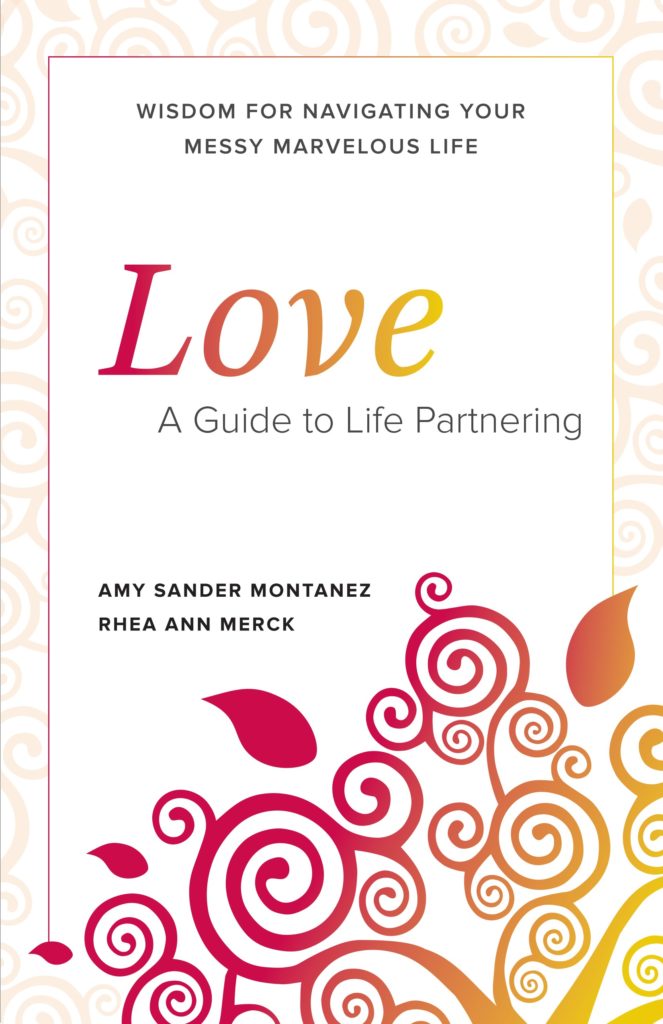
We are super-proud of both of these guides full of wisdom for navigating your Messy Marvelous lives! Find them online at Amazon, Kindle and Kindle Unlimited, or order them directly from us on our website. LOVE should be available this week with your local independent booksellers–ours in Columbia is Odd Bird Books–check them out!

